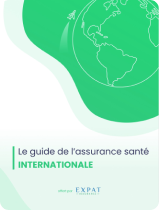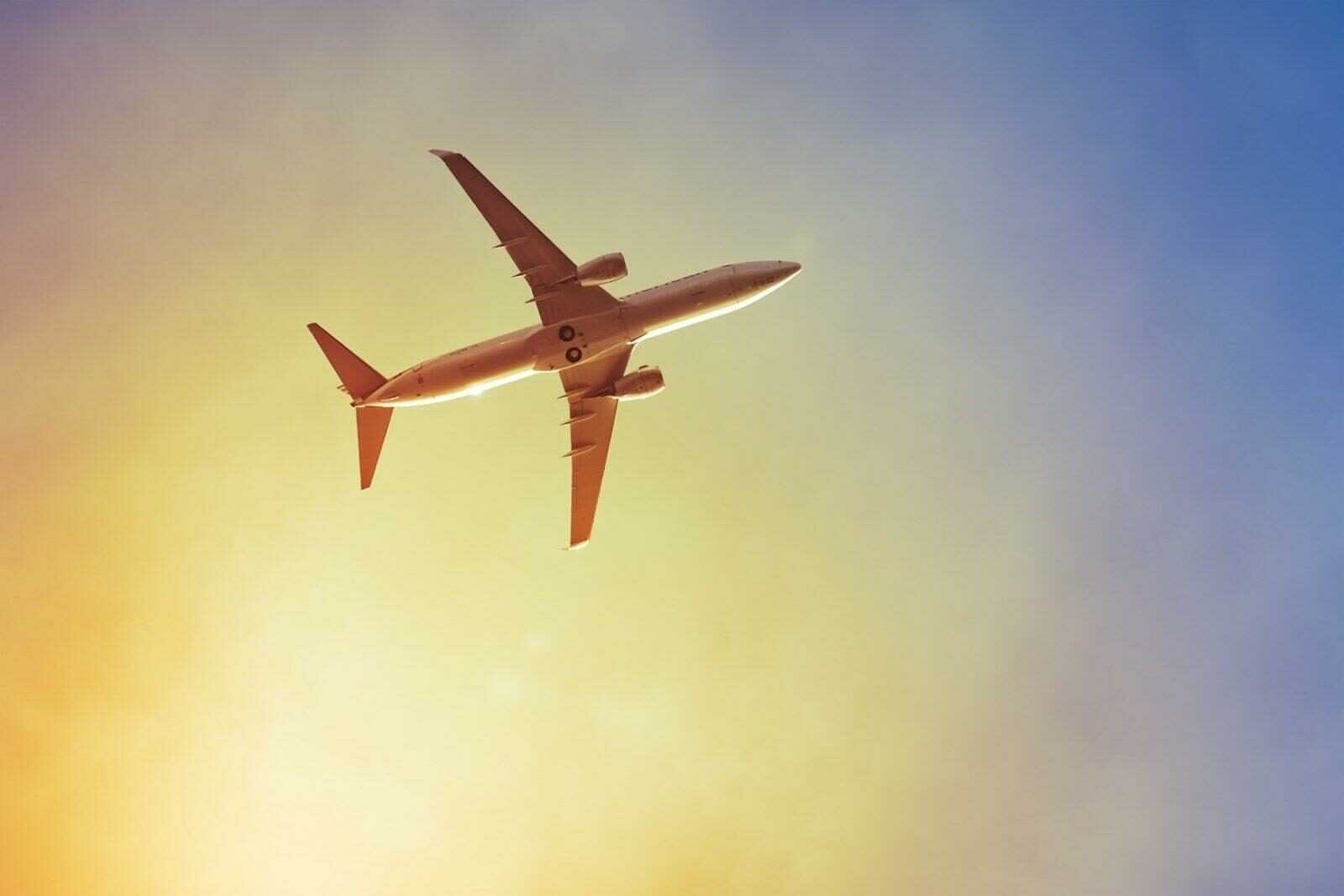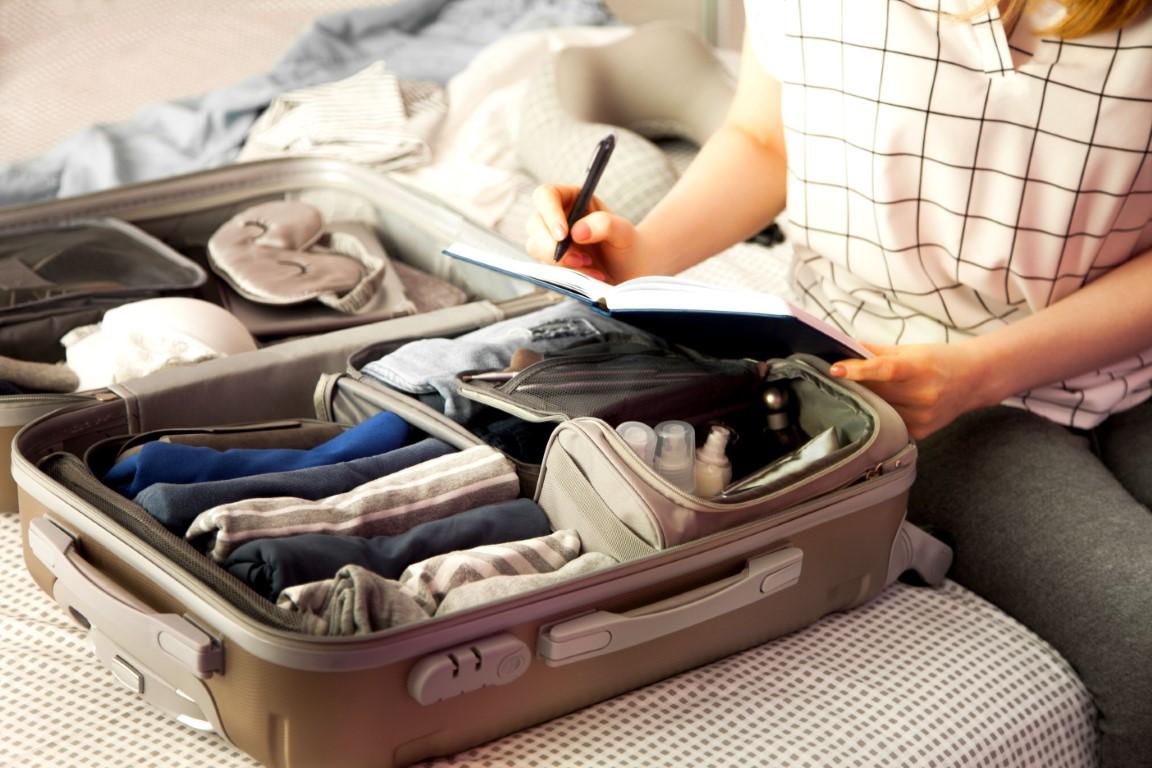An exotic environment, delicious local cuisine, good job opportunities, a welcoming population… There are many reasons why more and more people consider moving to Vietnam!
But before embarking on the adventure, it is important to know what to expect. It is also necessary to take into account the obligations of expatriates before moving to Vietnam.
Formalities to Accomplish Before Moving to Vietnam
To make your dream of moving to Vietnam come true, several steps must be taken, including obtaining a visa, a residence card, and possibly a work permit.
Obtaining a visa
A visa is mandatory to expat to Vietnam. The application for this visa can be done in person at an embassy (for example in London, at the Vietnamese embassy) or online.
Note that there are three categories of visas to go to Vietnam.
Vietnam’s tourism visa
The tourism visa can be single-entry or multiple-entry.
Valid for a maximum of three months, tourist visas for Vietnam allow the traveler to stay in the country, leave the country, and return if he wishes.
Note that for this category of visa, an electronic e-visa system has been set up. Obtaining an e-visa is conditional on the evolution of the epidemic situation of Covid-19.
It is important to note that any foreign citizen applying for a visa for Vietnam must have a passport that will still be valid six months after the date of return.
Moreover, visas for Vietnam are issued with specific arrival dates. A traveler cannot arrive in Vietnam before this date, but can enter the country after it.
The Business Visa
The business visa is usually issued by an embassy or consulate.
However, it can also be issued upon arrival in Vietnam if the applicant has received a letter of invitation.
This letter must come from a company based in Vietnam wishing to sponsor the foreign national.
Obtaining a Residence Card
To stay in Vietnam permanently (i.e. for more than three months), it is necessary to obtain a temporary or permanent residence card from a police station.
The validity of this card is generally equal to the duration of the work contract signed with the employer.
Things to Know Before Moving to Vietnam
Vietnam’s motto is “Freedom, Independence, Happiness”. It seems that the country keeps its promises! Expats from all over the world rank Vietnam sixth in terms of happiness and personal fulfillment.
Of course, the climate, the food, the hospitality, the exoticism, and the feeling of security are all part of it.
Language and culture
No luck, Vietnamese is one of the most difficult languages to master! Even French, although considered a hard language to learn (57th position), would be more accessible than Vietnamese (60th rank).
However, Vietnamese people, concerned about the integration of newcomers, are increasingly learning foreign languages.
With English, you will certainly have no trouble making yourself understood by the locals. You can also take Vietnamese courses: these are much more affordable than in any other country.
Taxation and cost of living
For many expatriates, the low cost of living is the main reason to move to Vietnam.
Indeed, the “Dragon of Asia” is one of the most affordable countries in the world. Nearly 93% of expats feel that their income is sufficient to cover all their expenses in Vietnam.
In Vietnam, inflation is very low (4% on average), so much so that the Western citizen can afford a lifestyle that would be simply unthinkable in Europe or the US (high-end housing, daily meals in restaurants, access to all possible leisure activities, etc.).
Payment solutions
In Vietnam, cash is largely predominant. The Vietnamese banking system is not very developed: ATMs are almost exclusively present in tourist areas, and most shops are not equipped with credit card terminals.
If you want to expat to Vietnam, you will have to get used to cash again, especially since cash-on-delivery solutions are very common.
Health
Vietnam is not a country that shines in terms of health. Public hospital facilities are inadequate, although expats have the option of visiting international clinics offering quality, albeit expensive, care.
Generally, expatriates choose to be treated in such facilities, which they can afford in Vietnam with good health and medical insurance.
On the other hand, air pollution is a problem in Vietnam, especially in the country’s two largest cities: Hanoi and Ho Chi Minh City. Be aware that cancer rates are high in Vietnam.
Transportation
Vietnam is lagging behind in terms of travel and transportation infrastructure.
Unlike its neighboring countries (Thailand, Singapore, Malaysia, etc.), Vietnam does not yet have a world-class airport and subway system.
However, the situation is gradually improving. For example, Hanoi opened its first metro line in 2019. As for the new international airport in Ho Chi Minh City, it started construction in 2021.
Education
Vietnam’s education system consists of preschool, primary, secondary and higher education. However, only elementary school education is compulsory and free.
English-speaking international schools are numerous in Vietnam.
The choice of school for children is a matter of personal convenience, but also of available space and budget.
International schools are particularly sought after, to the point that there are waiting lists and the cost of enrollment is generally very high. If you want to send your child to a reputable International school, expect to pay around €4,500 per year.
Pets
Good news for future expatriates: in Vietnam, people love pets! Dogs and cats are very popular among the local population. Pet food and accessories are easy to find in Vietnam, as many stores are dedicated to them.
Please note that before arriving in Vietnam, pets can be quarantined for several days. They must undergo a medical examination by a recognized and approved Vietnamese veterinarian.
Working as an Expat in Vietnam
In addition to the visa, a work permit is mandatory to work during your expatriation in Vietnam.
To obtain this permit, it is recommended to have a work contract signed with a local company before entering the country. It is also possible to canvass companies on site to obtain a work permit later.
Although the Vietnamese job market is not particularly open to foreigners, opportunities do exist. Having some basic knowledge of Vietnamese, and good command of English, are essential prerequisites to be able to work during your expatriation.
The sectors most likely to provide jobs to expatriates are those that have experienced strong development in recent years, provided you have the required qualifications.
The sectors in question are:
- Services
- Health care
- Information and communication technologies
- Finance
- Education, specifically language teaching.
Tips for finding a job in Vietnam
To find a job during your expatriation in Vietnam, do not hesitate to consult online ads.
Otherwise, recruitment agencies are looking for targeted profiles for foreign companies based in Vietnam.
Finally, use your network: friends in Vietnam can probably help you find a job.
Which Health Insurance Should I Choose to Expat to Vietnam?
Health care costs in Vietnam are rather affordable, and the country is gradually trying to set up a universal health care system for the basic care of all residents (mandatory for employees in particular).
However, international health insurance is still essential due to the low level of benefits provided by mandatory insurance.
Remember that public health care facilities are poorly equipped in Vietnam and that the rates charged in private facilities are very high.
For optimal care, it is recommended to take out international health insurance. It is possible to do so before your trip to Vietnam by opting for a 1st euro/dollar/pound insurance.
This will allow the insured to benefit from:
- Coverage anywhere in the world, including his country of origin
- Coverage of current health expenses (medication, hospitalization, and care)
- Repatriation assistance, essential for Vietnam
- English-speaking advisors, available 24 hours a day, 7 days a week.
Vietnam is a booming country where the purchasing power is constantly increasing. Its population is ready to welcome you with open arms.
All expats in Vietnam are unanimous: the feeling of security and the cordiality of the population are the main strong points of this humble and joyful country.







